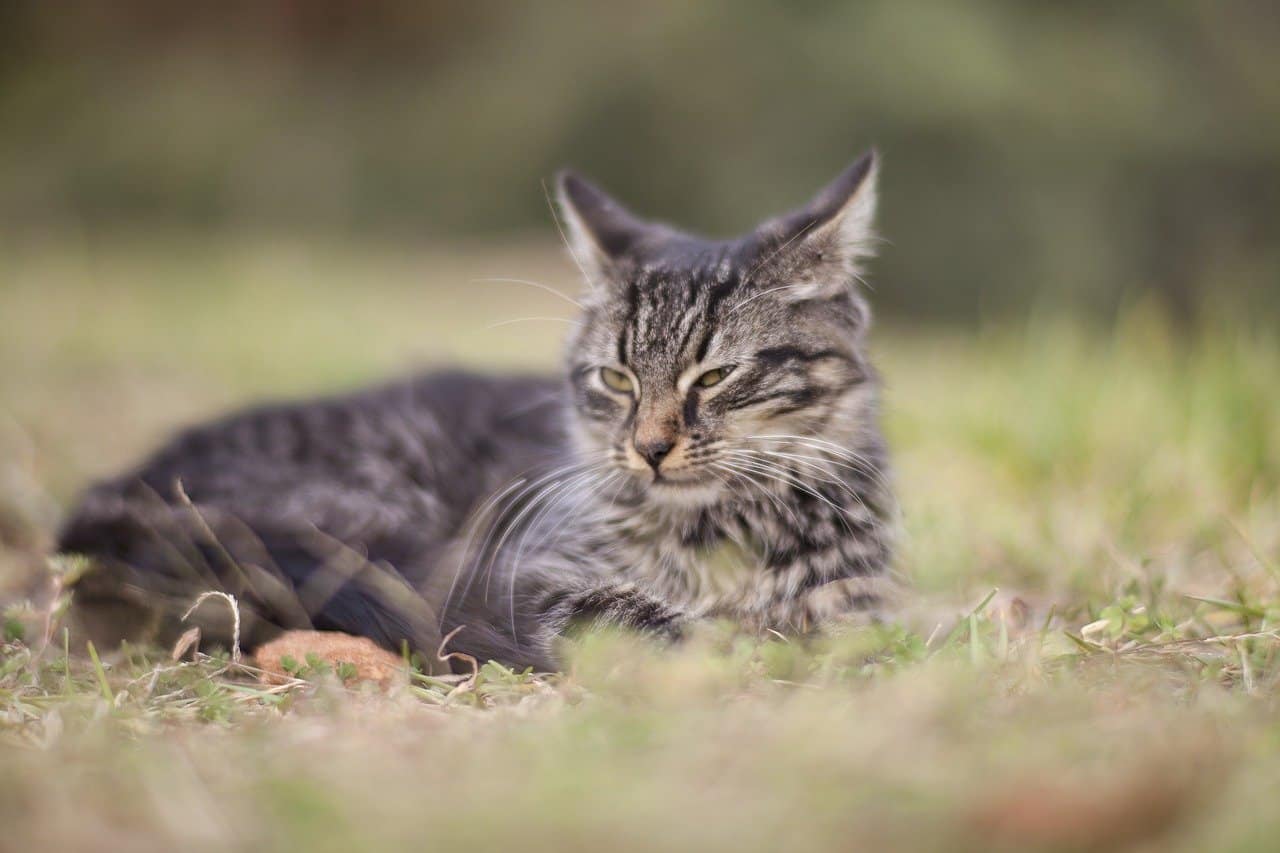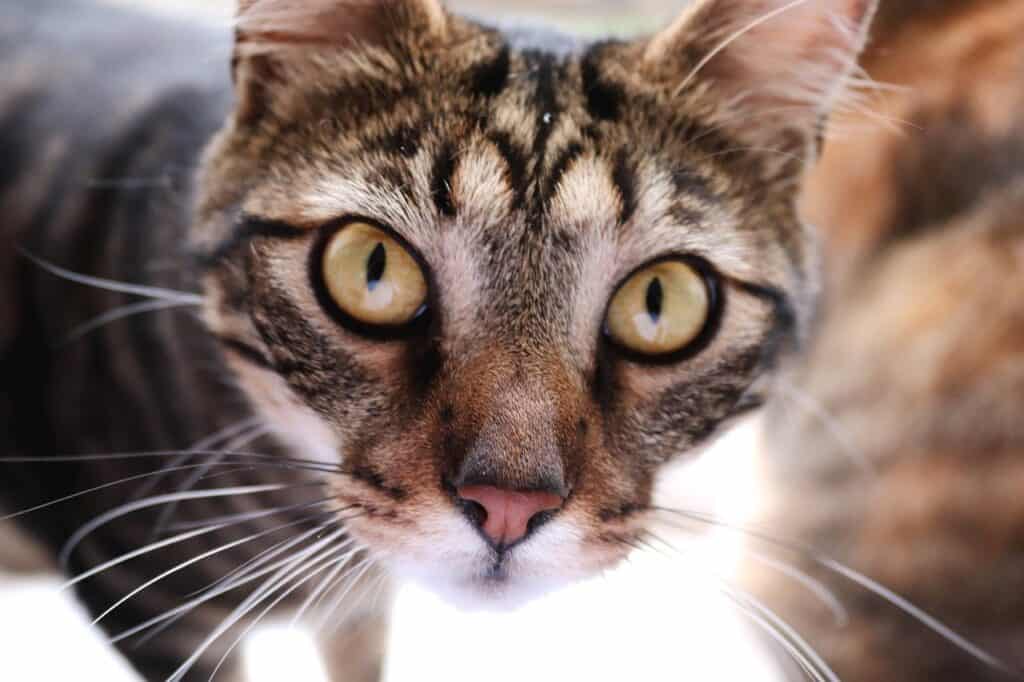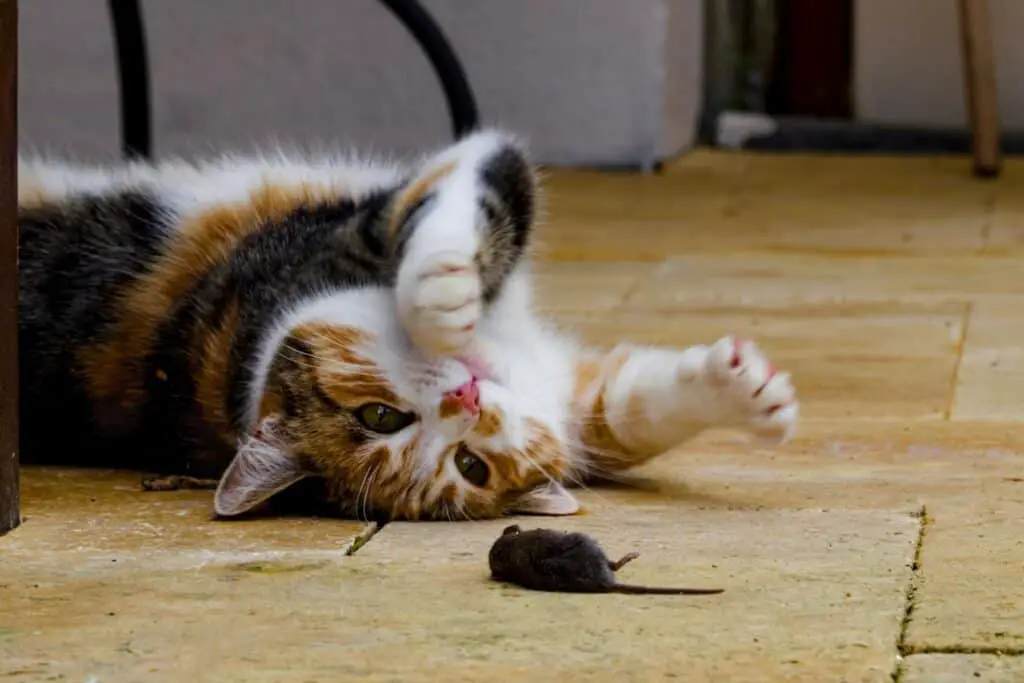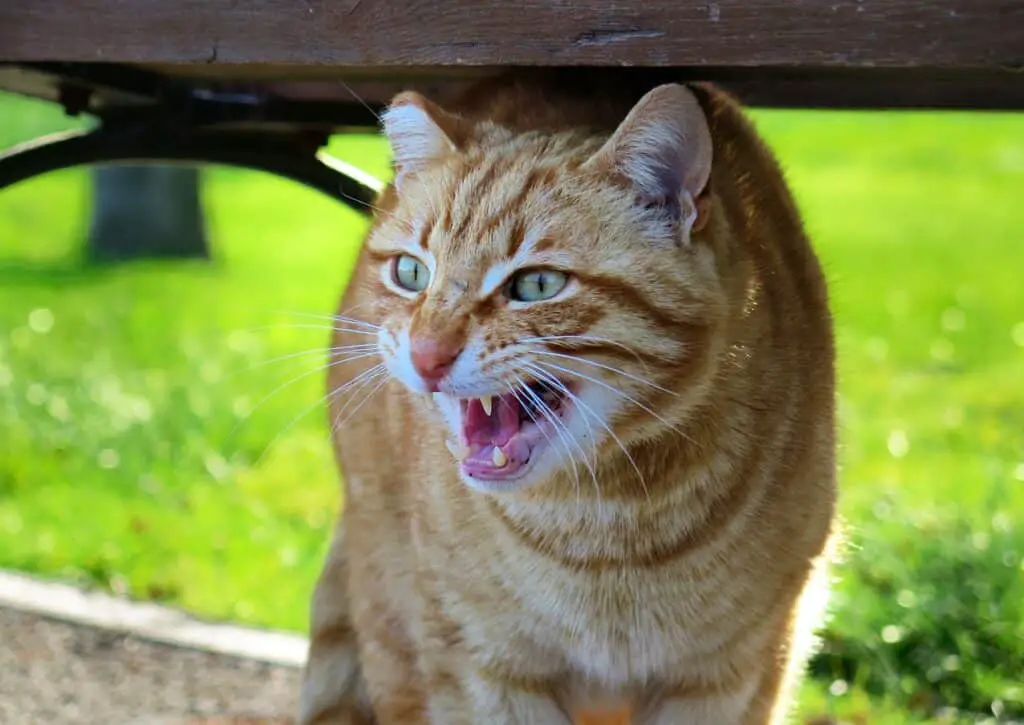While not all cats do this, it’s fairly common for cats to wander off to a quiet place, away from humans to die. Although this behavior can cause grief and complicate dealing with the loss of your cat, we have to respect our pet’s final wishes.
But why do cats run away to die?
Cats run away to die alone because instinctively they know they are going to die. They find a quiet place to spend their last moments because they don’t want to show weakness or attract predators. This behavior has nothing to do with humans and we should not feel guilty about our cats dying alone. This is what cats want to do.
Why do cats go away to die?
It’s a well-known fact that cats chose to run away when they are about to die and find a quiet spot to pass to the other side. Alone. We know what the likely reasons for this are. It’s a combination of factors we will discuss in this article.
The loss of a pet, a life companion, can be a traumatizing experience in itself. The realization that your cat didn’t want to spend their last hours together with you and give you the chance to comfort them can be hard to accept.
It is important to understand that nothing you did could have caused your cat to run away to die. The reason for this is your cat’s instincts, and it is the way your cat wants to leave this world.
Dying is absolutely a fact of life, and animals of each species have their own ways of dealing with it. It’s our only hope for our cats that when they die, it happens peacefully in their sleep, and they aren’t forced to suffer.
Cats don’t want pity
Cats are the masters of hiding their pain. A sick cat will do everything it can to hide her condition. This is often the reason why when we finally find something wrong with them and take them to the vet, their condition is often worse than it has to be.
The same applies to a dying cat. Cats may not have the same understanding and fear of death as humans. They will feel weak, sick, and unable to protect themselves and defend themselves from potential threats.
Our feline friends are stoic creatures. They are refined and do not feel the need to fake an injury the way a dog will for attention.
Why do cats go to die alone?
Personally, I feel that cats will wander off to spend the final moments of their life alone because they feel more comfortable this way. They prefer to die in peace, on their terms, and away from humans. So, really, cats are doing this because they want to die alone.
Cats go away to die because this is what they want to do. It has nothing to do with you personally; just know that.
On the other hand, there are some plausible, more scientific reasons as to why cats find a quiet spot to live out their final moments.
When the hunter becomes prey
We are so enamored of domestic cats’ image as great predators that we forget that they are also prey. As small creatures, they are vulnerable to many predators in the wild. This includes larger predators or birds of prey who can swoop down at a moment’s notice.
So they not only have hunting instincts to entertain us with but finely honed defensive instincts as well. The awareness of that shows in everything cats do.
Small cats bury their feces (large cats, such as Savannahs, don’t) to hide their scent and presence. They hide when they are sick, so predators never perceive them as weak, and when frightened, they seek out the quietest and most defensible space possible.
In all the usual places that your cat hangs out, people can and find and bother them. They need to be alone. They seek out places that aren’t associated with other living beings; they curl up and try to heal in peace. It’s a simple survival instinct.
Let your cat choose how to pass
When you feel the passing of your cat is near, try not to interfere with their instincts. Give your cat the choice on how they want to spend their final moments.
Do not lock them inside a house or room; allow them to go outside and wander off as their instincts tell them to. In aiming to prevent your cat from dying alone, you might cause it more stress instead.
When our moment comes, we want to be as comfortable as possible, and the same should be true for our beloved pets.
How to deal with the loss of a pet
The loss of a pet you have loved and cared for for many years is a touch pill to swallow. To come to terms with them not being around anymore, they say that time heals all wounds. It will be difficult to cope with your loss and there are several things you can do to keep your pet’s memory alive in honor of them.
We have found an excellent resource to help you cope with this loss.
The “Your Cat guide to Bereavement” goes over topics like how to deal with the loss of a pet, shares experiences of others, and how to deal with the many questions that linger.
If you want to honor your cat in remembrance, here you can light a candle for your best friend who has passed.





